By Stuart Walker and Sulakshana Senanayake
|
The Authors
Stuart Walker Stuart’s primary practice includes employment, financial services regulation, corporate finance and mergers and acquisitions. He leads the field in advising parties during Dubai Financial Services Authority (DFSA) investigations and was instructed by the first authorised firm to be fined by the DFSA. He has since gone on to advise in connection with a significant number of DFSA investigations. Stuart was admitted as a solicitor in England & Wales in 2001 and moved to Dubai in 2003.
Sulakshana Senanayake Sulakshana practices in the firm’s dispute resolution group and advises and represents clients in litigation disputes. His experience and specialties include advising on and assisting with disputes relating to international law, commercial law, banking, labour law, fundamental rights and intellectual property. Sulakshana is a registered practitioner of the DIFC Courts with full rights ofaudience. |
On 12 June 2019, the Dubai International Financial Centre (the DIFC) announced the enactment of DIFC Law 2 of 2019 (the New DIFC Employment Law) to replace the existing DIFC Law 4 of 2005 (the Old DIFC Employment Law). TheNew DIFCEmploymentLaw is to come into force on 28 August 2019 and will directly affect almost 24,000 employees based in the DIFC.
As the leading regional financial centre, the DIFC’s employment law is a fundamental piece of legislation which is key in ensuring a balance between an employer’s business interests and employee rights within the DIFC. After an extensive consultation process, the New DIFC Employment Law has introduced a number of changes which focus on this balance.
The repeal of the Old DIFC Employment Law
The New DIFC Employment Law “repeals and replaces” the Old DIFC Employment Law in its entirety. However, the transitionary provisions (i.e. provisions which clarify the effect of the new law on any rights accrued under the old law) set out in Article 1 have ensured that any “right, remedy, debt or obligation which has accrued” under the previous law would not be prejudiced by the enactment of the new law, subject to a few exceptions.
Essentially, the New DIFC Employment Law has no retrospective effect and proceedings already before the DIFC Court (including appeals) would continue to be based on the provisions of the old law.
Conditions of employment, probation and part-time employment
Article 17 of the new law now makes provisions with regard to the employment of part-time employees (a concept not recognised under the old law). A part-time employee is defined as an employee whose employment contract either stipulates: (a) less than eight working hours per work day, inclusive of any rest, nursing or prayer breaks; (b) less than five work days per work week; or (c) terms of employment which do not constitute full time employment. All provisions of the new law apply to part-time employees except for leave entitlements which are to be calculated on a pro rata basis as provided for in Article 17(2).
Other changes to conditions of employment include the expansion of maternity leave benefits for female employees who adopt a child less than five years old (Article 37(3)), introduction of up to five days of paternity leave for male employees to be taken within a month of the child being born (Article 39) and a reduction of sick pay (Article 35) as follows:
- hundred per cent of the employees daily wage for the first ten work days of sick leavetaken;
- fifty per cent of the employees daily wage for the next 20 work days of sick leave taken;and
- no further pay for the remaining maximum sick leave entitlement (60 work days peryear).
In terms of Article 11(2), the conditions of employment set out in the New DIFC Employment Law are “minimum requirements” and cannot be waived even by express agreement by the employer and the employee unless such waiver is specifically allowed under the new law. It is possible to agree on conditions that are more favorable to the employee in an employment contract.
One such instance where an employer may change the minimum requirements by express written agreement is the maximum weekly working time of an employee. In terms of Article 22, the employee’s maximum working time is 48 hours per week. However, Article 22 allows an employer to increase this limit if the employee consents in writing. Taking into account the mandatory daily rest period (11 hours per day) and the weekly rest period (24 hours per week), an employer may increase the weekly working time up to 78 hours if the employee consents to such increase in writing.
The New DIFC Employment Law has also formally recognised the concept of probation (not specifically recognised under the old law). In terms of Article 14(2)(l), the maximum period of probation which a new employee may be subject to is six months. Furthermore, an employee terminated during a probation period is not entitled to a minimum notice period as specified in Article 62(2) and it appears that the New DIFC Employment Law has impliedly recognised that an employee may be terminated without notice during the probation period if such provisions are specifically made in the employment contract.
According to Article 14(3), any amendments to an employment contract must now be in writing and signed by both the employer and employee unless such amendment is of an administrative nature. In case of such an administrative amendment, the employer is required to record the amendment in writing and to give written notice to the employee prior to the amendment taking effect.
Non-discrimination and non-victimisation
The New DIFC Employment Law makes extensive provisions relating to non-discrimination and non- victimisation of employees and remedies for discrimination. Article 59 defines discrimination in wide terms to include both direct and indirect discrimination. New grounds of discrimination introduced under Article 59 of the new law are age, pregnancy and maternity.
Furthermore, Article 60 of the new law prevents an employer from victimising an employee for committing a “protected act”. Protected acts include bringing legal proceedings for discrimination against an employer, giving evidence against an employer in a claim for discrimination (whether in an employee’s own claim or a third party employee’s claim) and making allegations that the employer has committed acts of discrimination or victimisation.
In terms of Article 61, an employee is entitled to bring proceedings against an employer for victimisation or discrimination within six months of such an act taking place. The burden of proof in proving discrimination is on the employee and the court may (a) make a declaration as to the rights of the employee; (b) award compensation which could include compensation for “injured feelings”, subject to a maximum amount equivalent to the employee’s annual wage; (c) make appropriate recommendations; or (d) order a combination of such remedies.
Termination of employment and settlements
While termination with notice is largely unchanged from the old law, the New DIFC Employment Law has made a major change to an employee’s entitlements upon termination for cause (i.e. termination without notice for misconduct). In terms of Article 63(2) of the new law, an employee terminated for cause would still be entitled to gratuity payments which could have been withheld under the old law. Accordingly, the only retention that an employer could make when terminating an employee for cause is notice pay.
The New DIFC Employment Law does not expressly recognise the concepts of constructive termination (termination where an employee is forced to resign) or unfair dismissal (termination with notice for unfair reasons) and the DIFC Court has previously held that it would not intervene to introduce these concepts by judicial intervention unless statute specifically makes appropriate provisions in that regard.
Furthermore, the new law appears to have expressly recognised the ability to enter into employment settlement agreements. In terms of Article 11(2)(b), an employee may waive any right, remedy, obligation, claim or action under the new law by entering into a written agreement with their employer to terminate their employment or resolve any dispute. In entering into such agreements, the employee must warrant that the employee was given an opportunity to receive independent legal advice on the terms and effect of the agreement from a legal practitioner registered as a Part 1 or Part II practitioner in the DIFC Academy of Law’s register of legal practitioners.
Article 18 penalties
Another change which the New DIFC Employment Law has introduced, perhaps to balance the benefit granted to employees in awarding of gratuity when terminating an employee for cause, is the limitation of Article 18 penalties under the old law. In terms of Article 18(2) of the old law, an employer was liable to pay an employee a penalty equivalent to the last daily wage for each day the employer is in arrears or any amount (even one dirham) owing to an employee upon his termination.
Practically, the Article 18 penalties were applied inconsistently by the DIFC Courts in claims by employees challenging termination for cause (where the employer withholds gratuity and notice pay) leading to judgements where Article 18 penalties amounted to a substantial portion of the judgement amount. In certain cases, the court applied Article 18 penalties for the entire period from the date of termination of the employee to the date of judgement, without considering that (a) an employee had waited for a substantial period of time before bringing a claim; or (b) Court proceedings often took many months to complete.
In terms of Article 19(4) of the new law, in awarding Article 18 penalties (now Article 19 penalties), the court must discount (a) the time period in which a dispute is pending before a Court; and (b) the employee’s unreasonable conduct which is the material cause of the employee failing to receive any amounts due from the employee. Afridi & Angell is currently canvassing an appeal from a decision of the DIFC Small Claims Tribunal where Article 18 penalties were applied to almost an eight-month period. The appeal is based on the unfairness caused to employers by such an application of penalties which has now been recognised by the changes made to the new law.
Furthermore, Article 19 penalties cannot be awarded if the amount withheld by the employer as held by the court is not in excess of the employee’s weekly wage.
Recruitment costs
In terms of Article 21(2) of the New DIFC Employment Law, an employer is prevented from recouping any costs or expenses incurred in employing an employee from such employee during the course of employment. However, according to Article 21(3), an employer may now recoup such costs from an employee if an employee terminates their employment contract (ex. by resignation), within a period of six months from the employee’s date of commencement of employment.
Accordingly, an employee may now be liable to repay the employer for any fees charged by a recruitment firm or head-hunter (common in the DIFC) if the conditions set out in Article 21(3) are met.
Time limitation for employment claims
Yet another important and timely change brought about by Article 10 of the New DIFC Employment Law is the introduction of a six-month time limitation for employment claims starting from the date of termination of an employee. This time limitation comes into effect on 28 August 2019.
The introduction of a time limitation for employment claims will bring comfort to many DIFC employers. There have been cases before the DIFC Courts where ex-employees have made claims over twelve months after a termination occurred, exposing the employer to heavy penalties under the Old DIFC Employment Law.
Application of the New DIFC Employment Law and secondment
Article 4 of the New DIFC Employment Law does not, unlike the Old Employment Law, limit its application to employees based within or ordinarily working within or from the DIFC. In terms of Article 4(1)(b)(ii), an employer who has a place of business in the DIFC (including a branch), may employ an employee under an employment contract subject to the New DIFC Employment Law even if such employee is not based within the DIFC.
Furthermore, Article 4(2)(1) of the New DIFC Employment Law also allows for a seconded employee to be subject to a law other than the New DIFC Employment Law despite such employee being based in the DIFC. For the purposes of this section, the secondment should be recognised by the DIFCA and should be for a temporary basis not longer than 12 months (or other period approved by the DIFCA on exceptional grounds).
Conclusion
The changes introduced by the New DIFC Employment Law have enhanced the balance between a DIFC employer’s legitimate requirements and the need to ensure global employment standards for DIFC employees. Changes to payments upon termination are likely to reduce employment claims proceeding to Court since an employer would not have a real incentive to risk litigation by terminating an employee for cause when the employee could be terminated with notice, especially since the employer can no longer withhold gratuity when terminating for cause. The new enhanced non-discrimination provisions are progressive, yet the practical effects of such provisions are yet to be tested by the courts.■




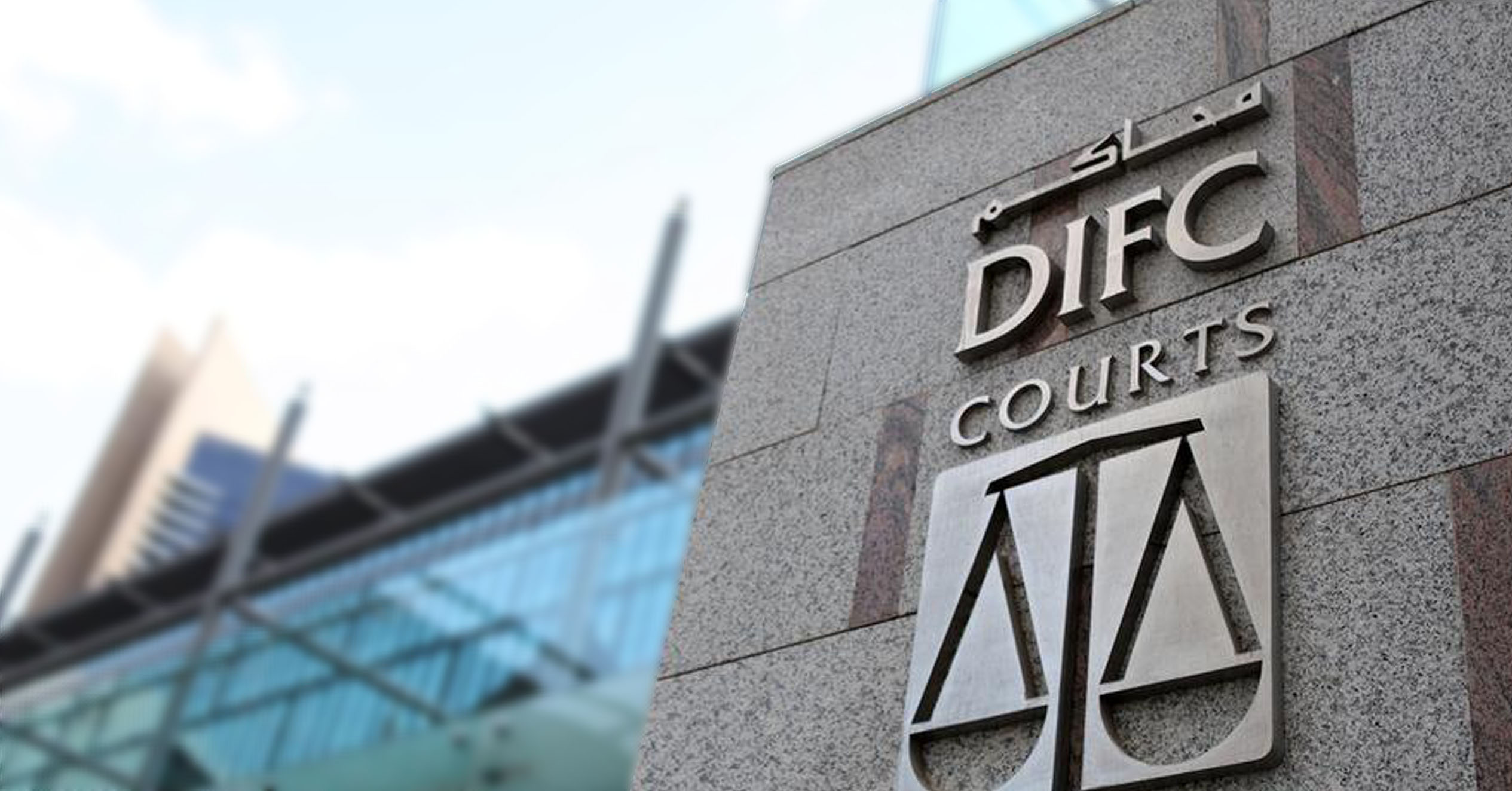






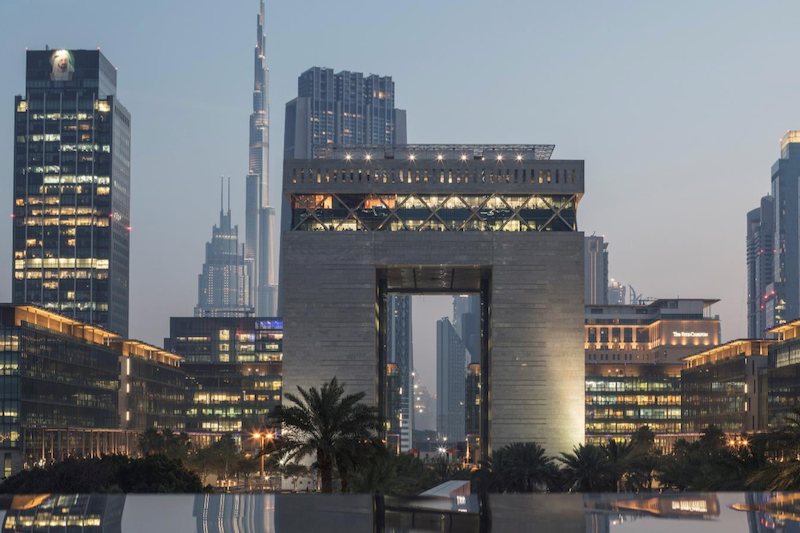



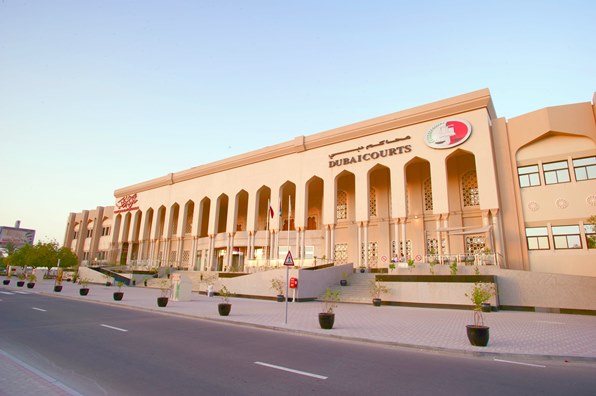









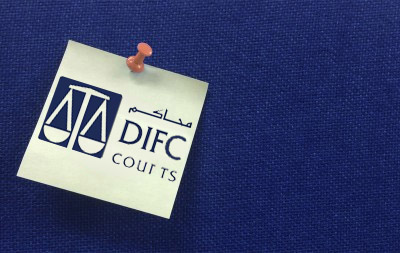
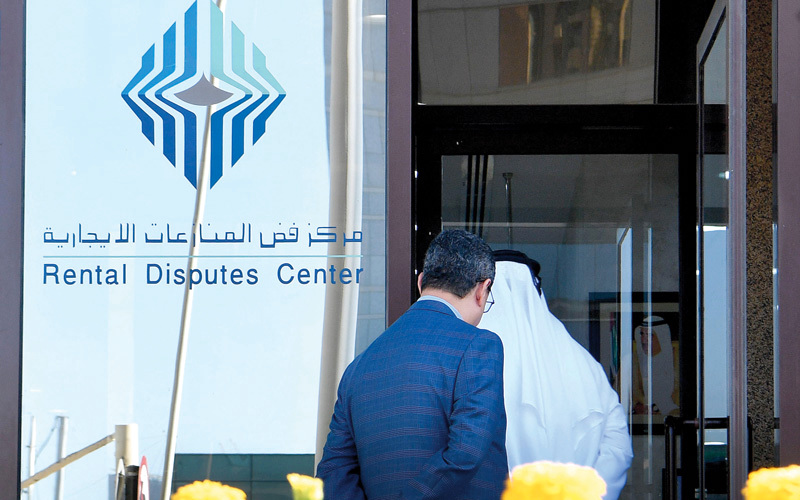
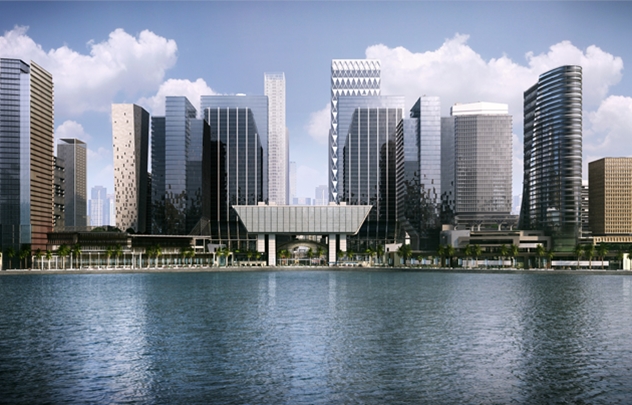











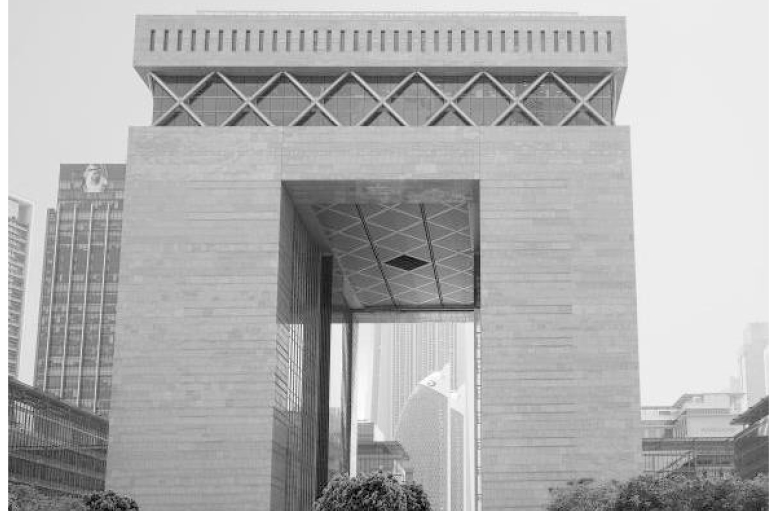





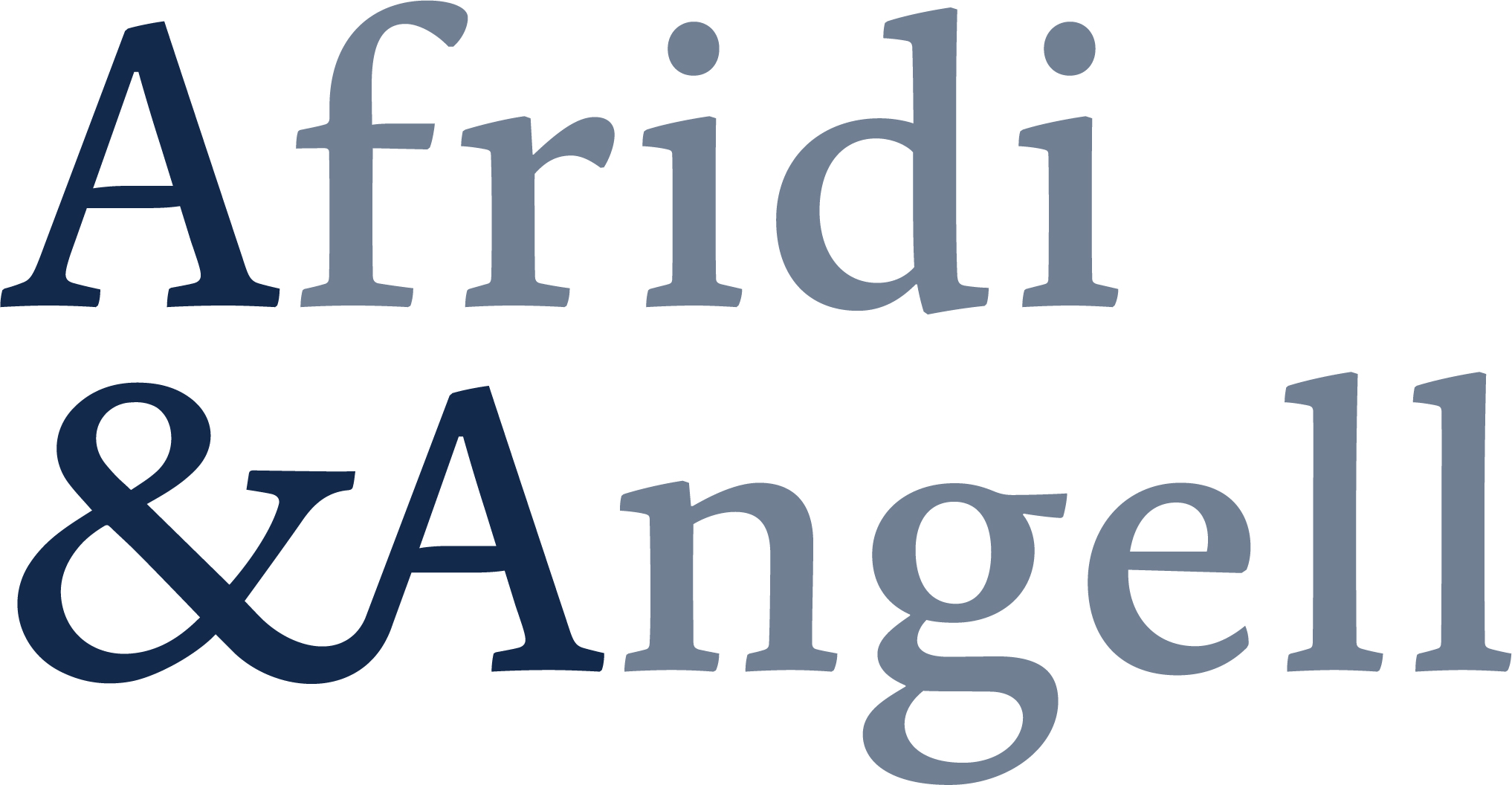 Afridi & Angell
Afridi & Angell Masood Afridi
Masood Afridi Amjad Ali Khan
Amjad Ali Khan



